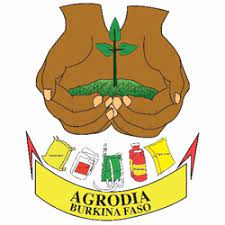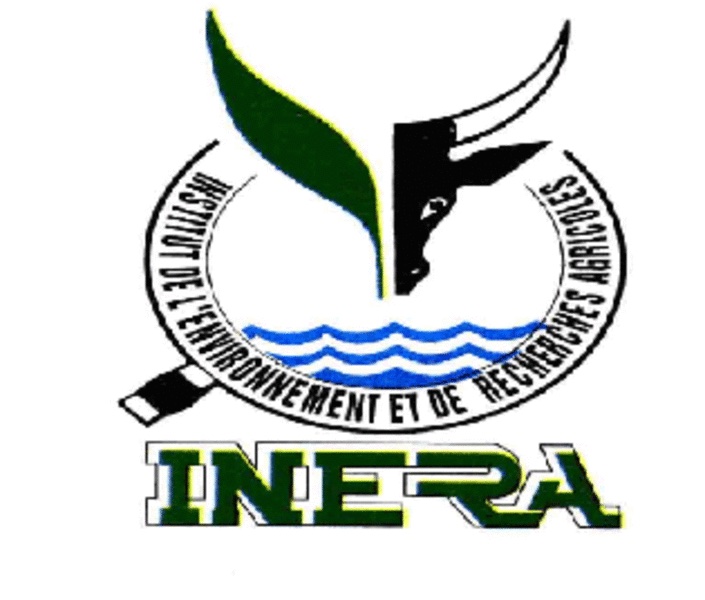What Role Do Social Networks Play In The Adoption Of Agricultural Technologies in Burkina Faso?
Despite the availability of new agricultural technologies, which may increase yields and household income, few farmers in the Sahel region are using improved seeds and fertilizers. In Burkina Faso, researchers conducted a randomized evaluation to measure the impact of social network targeting on the introduction of micro-dosing– a technique that applied small amounts of fertilizer at the time of planting improved seeds. Results revealed that social networks were valuable in encouraging sustained adoption of micro-dosing in the long term.
Policy Issue
The Sahel, the region of North Africa between the Sahara Desert and the Sudanian savanna, is facing a major food and nutrition crisis. Factors such as the region's arid climate, widespread poverty and high population growth, combined with ongoing violent conflicts, climate-related shocks such as drought and flooding, and the COVID-19 pandemic, had hampered living conditions. The World Bank estimates 14.4 million people needed food assistance in 2020. This number rose to 23.7 million by 2021.[1]
Despite the availability of new agricultural technologies, which may increase yields and household income, few farmers in the Sahel region are using improved seeds and fertilizer. Research has shown that farmers face a myriad of constraints that affect the adoption of agricultural technology, and relaxing these constraints can lead to more efficient practices. This evaluation contributes to this literature by estimating the impact of social network targeting on the introduction of micro-dosing, an agricultural technique that has the potential to increase sorghum yields.
Context of the Evaluation
Sorghum plays an important role in the food security of millions in the Sahel, due to its ability to grow in arid soils and withstand prolonged droughts. In Burkina Faso, sorghum is an important source of livelihood for many households, but there is potential to increase production by adopting new technologies. The average national sorghum yield is estimated at 0.8 tons per hectare, with the potential to reach more than 2 tons per hectare.[2]
For this evaluation, researchers selected three provinces in Burkina Faso, where sorghum cultivation was high: Bam and Sanmatenga provinces from the center-nord region of the country, and Passoré provinces from the north.
Details of the Intervention
Researchers conducted a randomized evaluation to measure the impact of social network targeting on the introduction of agricultural technologies among subsistence farmers in Burkina Faso. Specifically, researchers introduced a technology for applying small amounts of fertilizer at the time of planting, called microdosing.
To identify social networks, the researchers asked a male and female farmer from each household to identify the members with whom they often talk about agriculture, those with whom they have financial transactions, relatives or neighbors of farm plots, and members of their same agricultural organization.
Researchers then randomly assigned 100 villages to either of the following groups:
- Group 1: Random assignment (80 villages): Approximately fifteen households of farmers in each village were randomly selected to receive improved sorghum seed, fertilizer, and training on the microdosing technology.
- Group 2: Network Size (20 villages): The fifteen farming households with the largest social networks in the village received improved sorghum seed, fertilizer, and training on the microdosing technology.
- Group 3: Network Influence (20 villages): The fifteen farming households with the greatest social network influence in the village, measured by an algorithm called eigenvector centrality, received improved sorghum seed, fertilizer, and training on the microdosing technology.
- Comparison group (20 villages): Farming households in these villages did not receive improved sorghum seed, fertilizer or training on the microdosing technology at the time of the intervention.
Results and Policy Lessons
Social networks were valuable in encouraging sustained adoption of micro-dosing compared to random distribution of seeds, fertilizer and micro-dosing training. While adoption rates at plot level were relatively similar in all three groups in the year immediately after the intervention, adoption rates increased four years after the intervention in the villages where social network targeting took place. There was no difference in adoption rates between villages targeted based on network size and villages targeted based on network influence. Agricultural extension of new technologies might leverage social networks to increase adoption and diffusion.
The impact of the intervention varied depending on the size of the plot and whether farmers used fertilizer beforehand. The use of fertilizers through microdosing increased to a greater extent and was maintained in the long term for the small farmers who had not used fertilizers before the intervention. The intervention also had a positive, short-term impact on the amount harvested for small farmers who had previously used fertilizers.
Highly connected farmers were more resilient to climate shocks. In the face of temperature and rainfall shocks, highly connected farmers who experienced shocks were less likely to disadopt productive agricultural practices that had higher returns in response to poor climate conditions. Information sharing within networks may have helped these farmers find more resilient strategies to maintain higher return agricultural practices, like microdosing.
Sources
[1] The World Bank. 2022. “Responding to the Food Crisis in the Sahel by Addressing the Food Emergencies and Structural Challenges of the West African food system”. https://www.worldbank.org/en/results/2022/05/15/afw-responding-to-the-food-crisis-in-the-sahel
[2] Ministry of Agriculture, Burkina Faso 2010.
Partners














